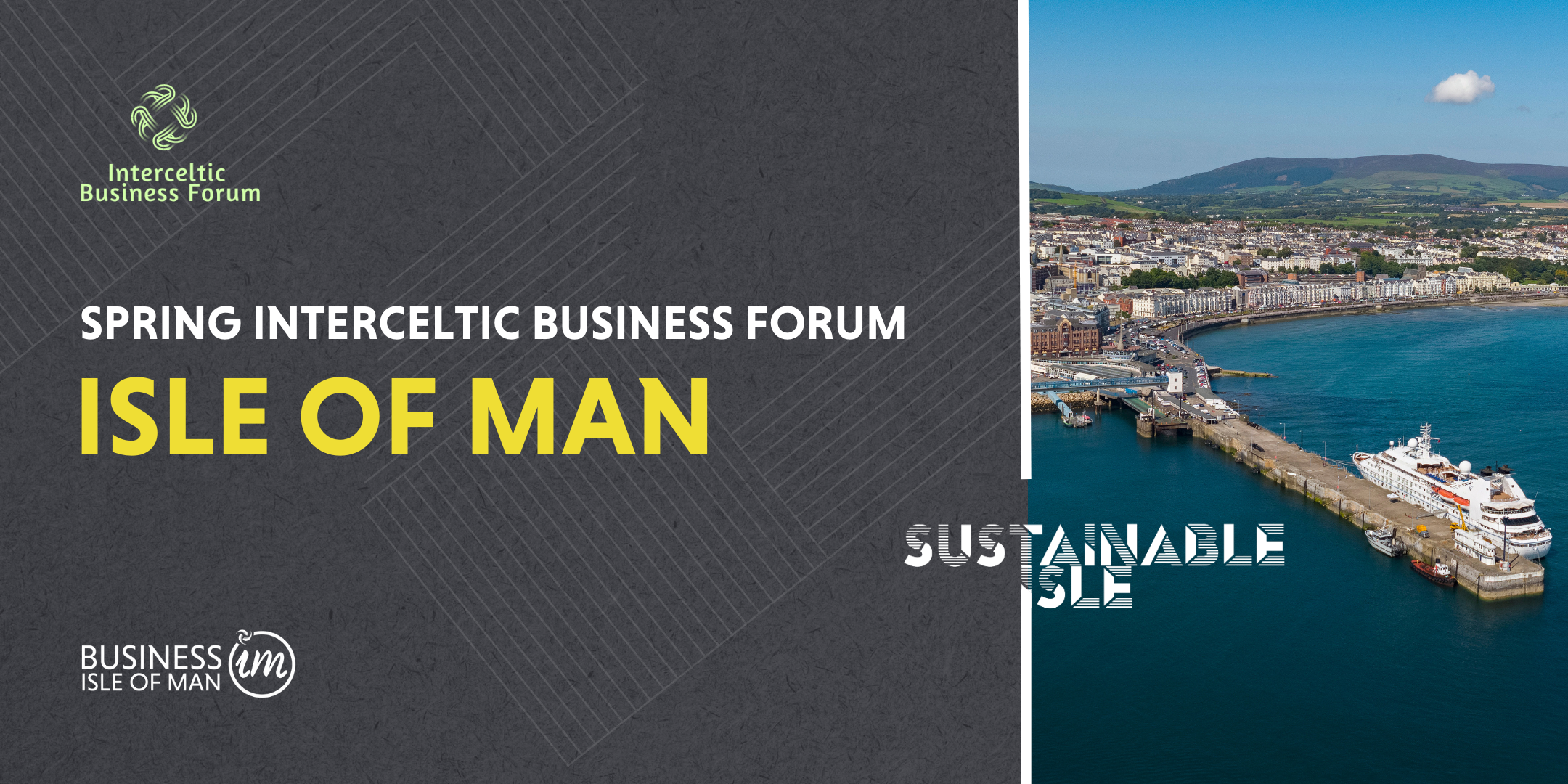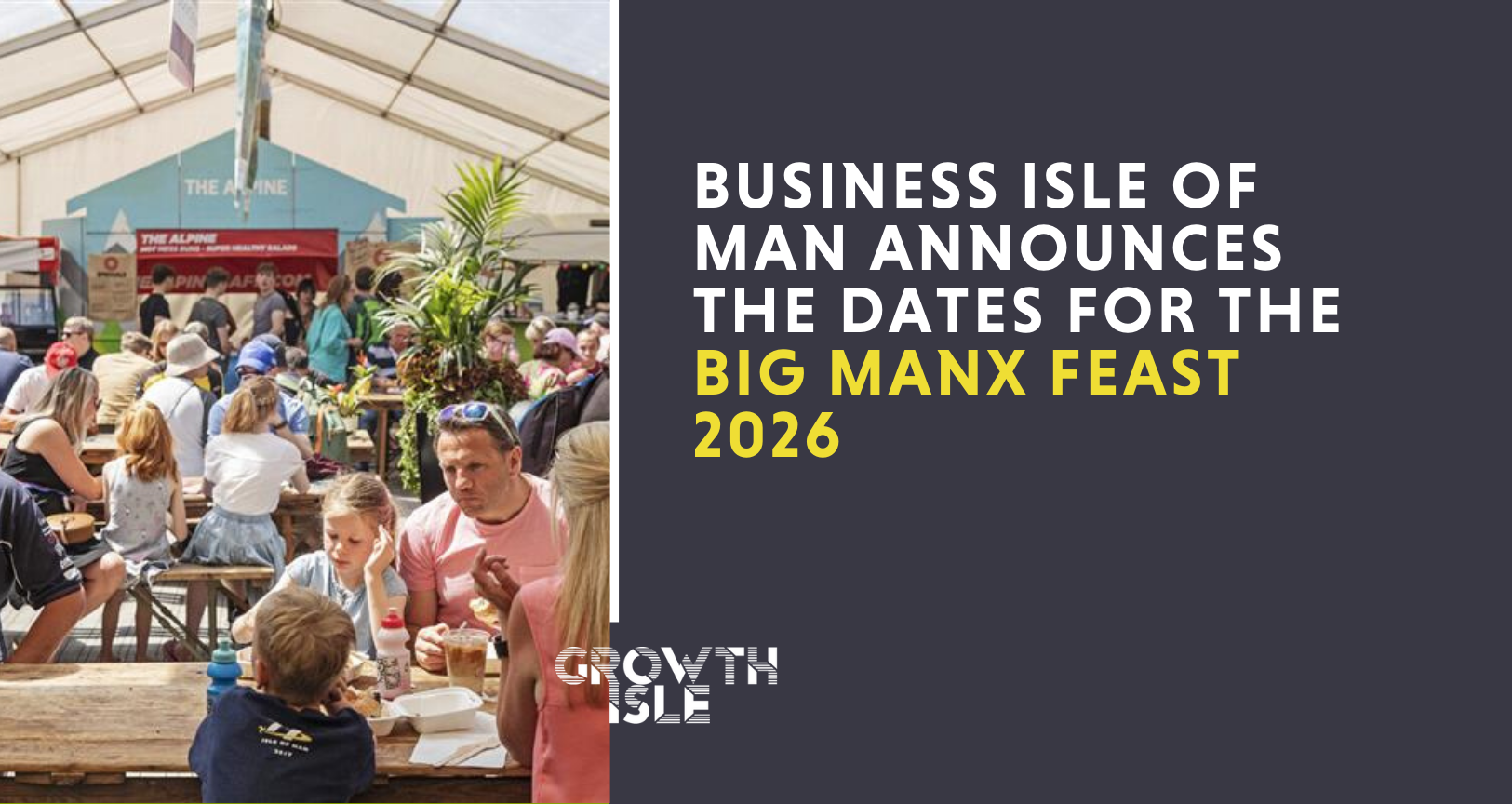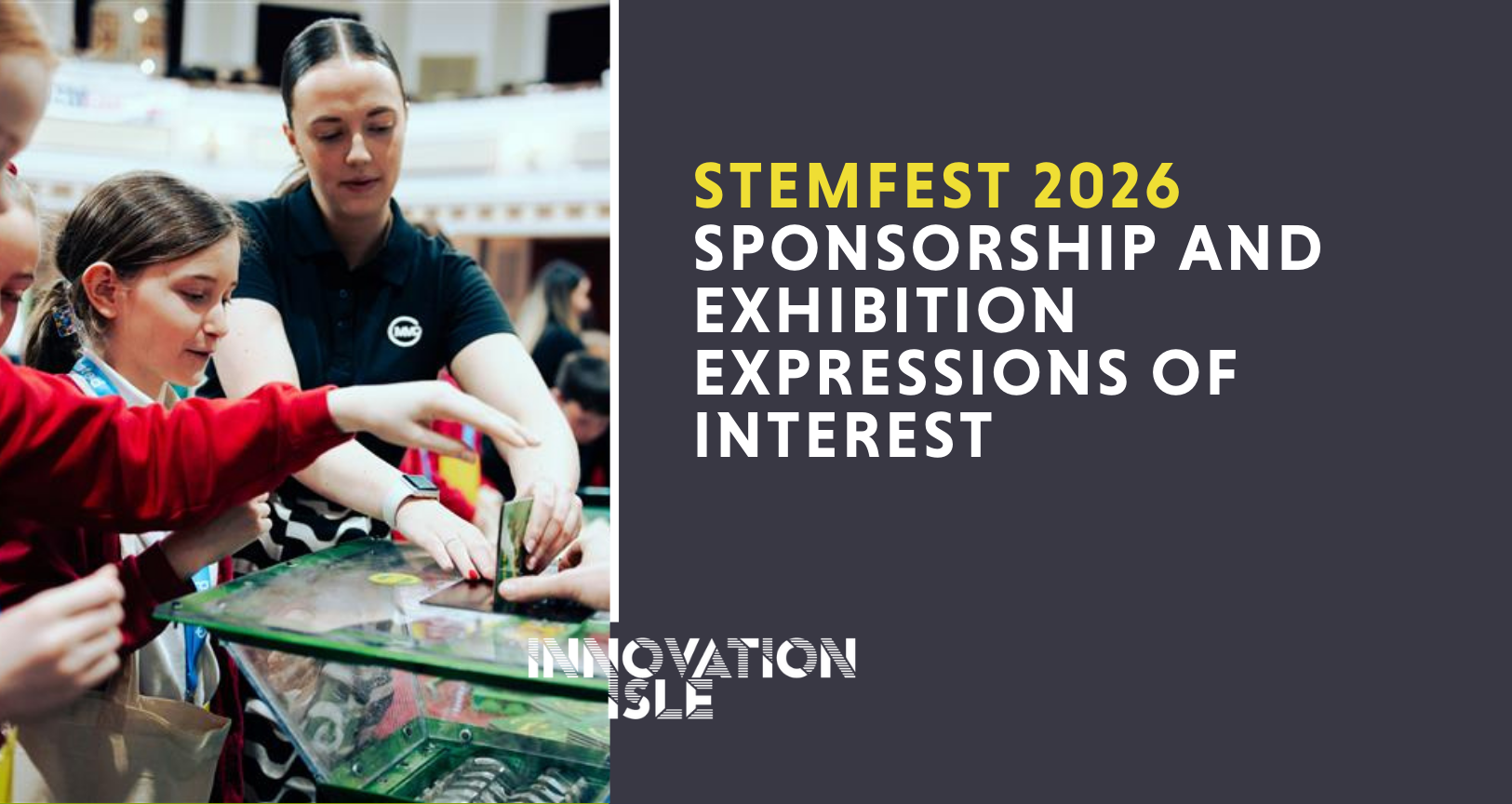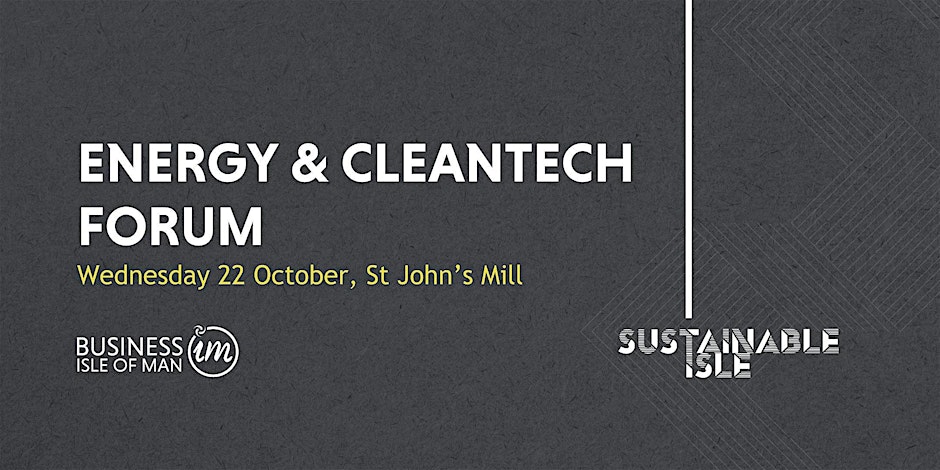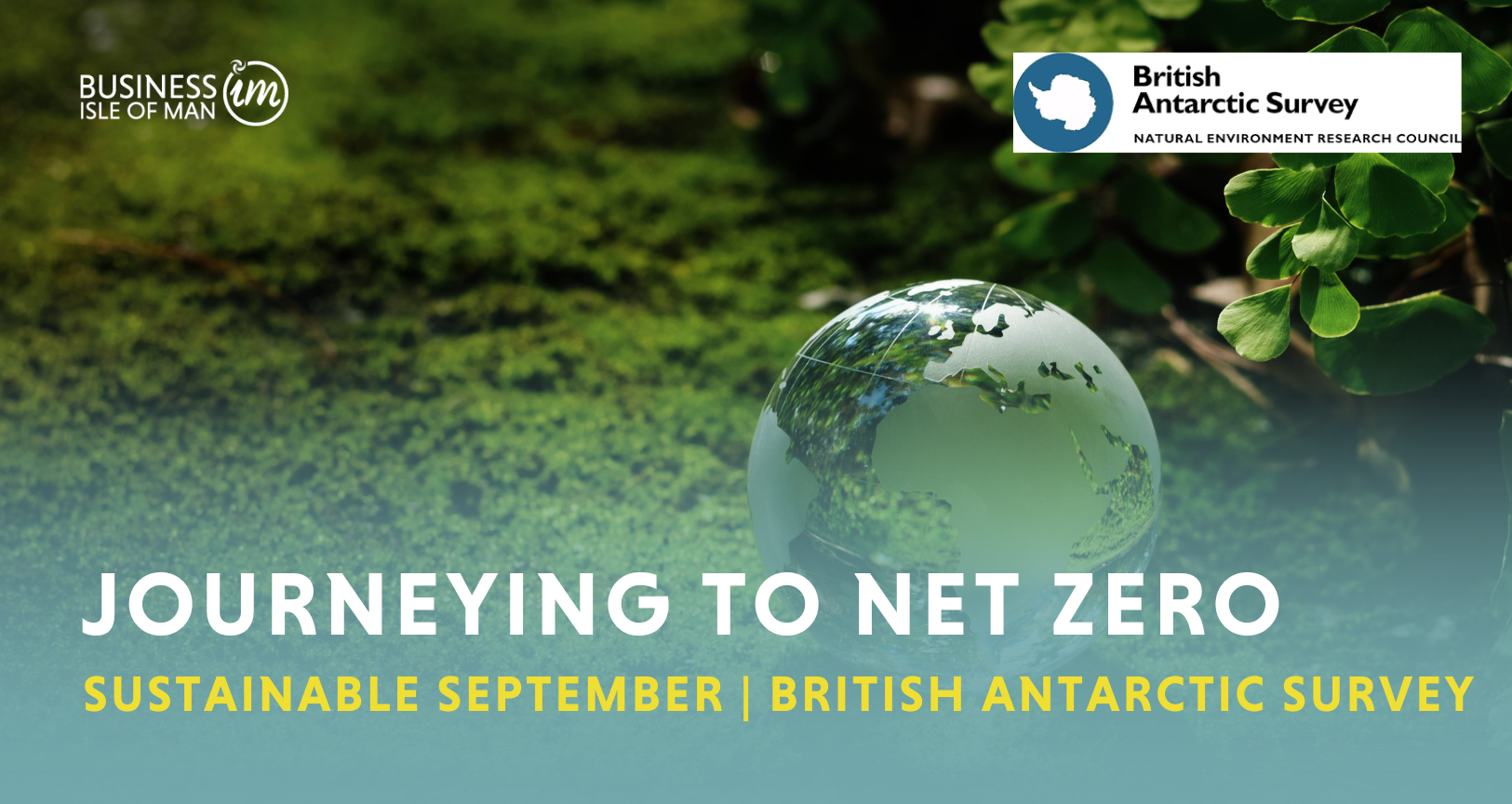What Is Innovation? An Island Perspective
28 May 2025
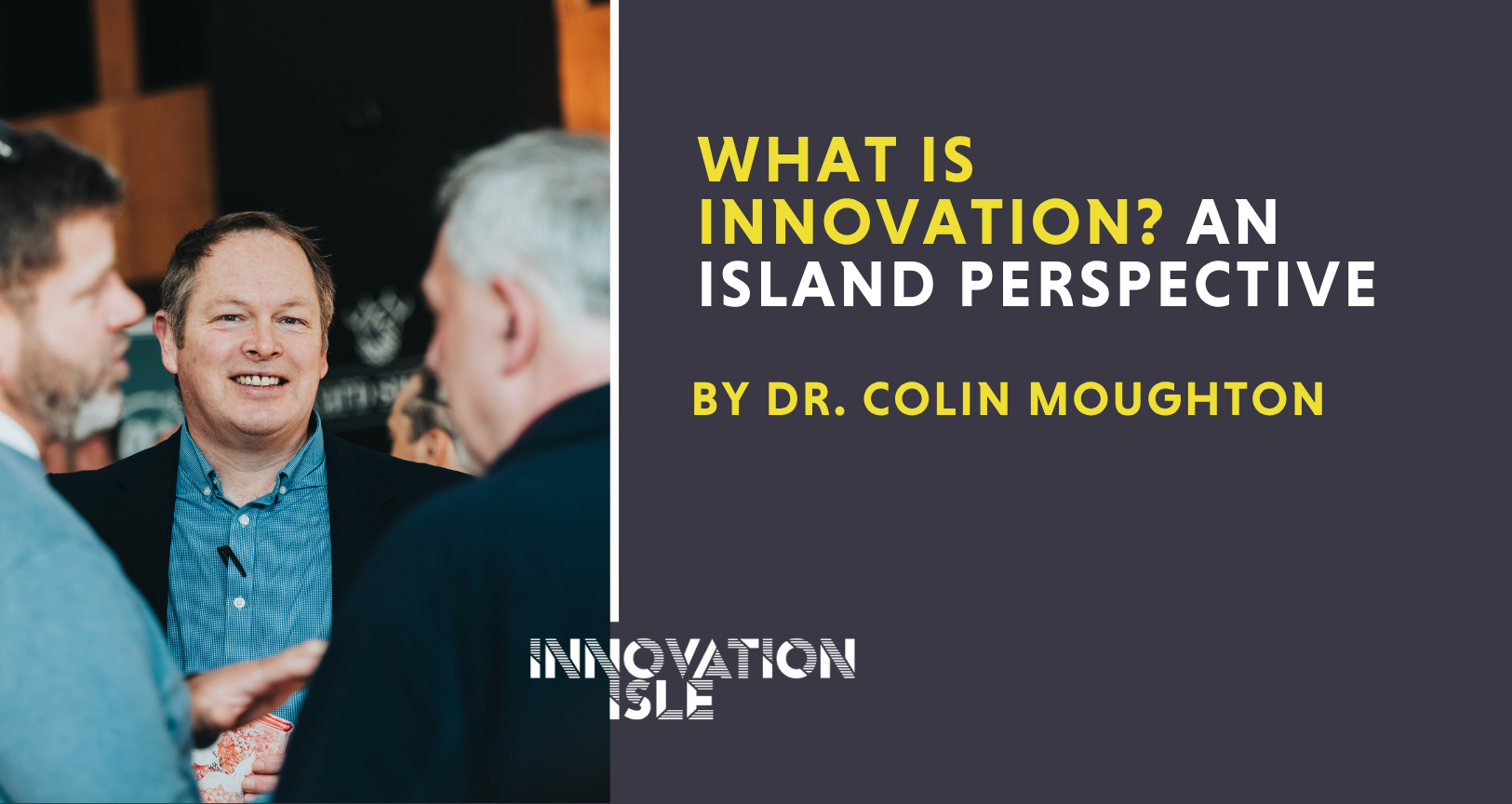
What does innovation truly mean, and how does it thrive in places like the Isle of Man? Dr Colin Moughton reflects on these questions, drawing on decades of experience in product development and his recent work mentoring Big Bower—one of this year’s Isle of Man Innovation Challenge finalists. From local success stories to emerging technologies, Colin shares insights on what defines real innovation and how it can flourish in our community.
What exactly is innovation?
It’s a question I’ve been reflecting on lately—especially while mentoring one of the finalists in the Isle of Man Innovation Challenge. For most of my career, I’ve worked in product development, primarily at a local company called Strix, where I was lucky to be immersed in a culture that placed technological innovation at its core. I thought I knew innovation. I lived it. It was exciting, deeply engaging, and at times all-consuming.
But about a decade ago, while attending an innovation conference in northern China, my perspective was challenged. The first speaker asked the audience for their definition of innovation. Hands went up across the room, and more than 20 different answers followed—each one plausible, each slightly different.
At the time, my own response was: “Innovation is the successful commercialisation of an invention.” It was a neat, business-focused definition. But over time, I’ve realised it was too narrow.
Today, my working definition of innovation includes three essential elements:
• Novelty – Something new: an idea transformed into a product, service, or process.
• Impact – It solves a meaningful problem or creates measurable value.
• Adoption – It gains traction in its intended market.
If any of these elements are missing, the result may still be creative or clever—but it’s not, in my view, true innovation.
Innovation in Action: The Strix Story
Innovation begins with a spark—an idea, a problem to solve, a clear vision. But turning that vision into reality is where the real work begins. It requires not just inspiration, but rigorous development, teamwork, and persistence.
I’ve been fortunate to experience this firsthand. During my time at Strix, I was part of some incredible product development journeys. These yielded multiple true innovations—and in doing so, they placed a local company firmly on the global innovation map.
The story of Strix begins with its founder, Dr John C Taylor, OBE, he invented an automatic kettle control right here on the Isle of Man. By the definition above, this was a perfect example of innovation:
• New: The technology was groundbreaking—evidenced by hundreds of invention patents filed by Dr Taylor. To secure a patent, an invention must be both novel and non-obvious. He is named inventor on over 400 patents.
• Impactful: Automatic kettles transformed everyday life for tea drinkers worldwide. Strix received four Queen’s Awards—two for Export, one for Innovation and one for Enterprise.
• Adopted Globally: More than 3 billion kettle controls have been manufactured and sold, used in products by household brands such as Tefal, Morphy Richards, Philips, and Kenwood.
What many people on the island may not realise is that some of the most recognisable kitchen appliances—from Tommee Tippee’s Perfect Prep machines to Breville’s Hot Cups and Kenwood’s Turbo Toaster—were developed right here in Ronaldsway, just opposite the airport.
Although Dr Taylor has long since retired from Strix, innovation at the company has never stood still. The culture he fostered continues to thrive, and the company remains committed to pushing technological boundaries. In recent years, Strix has expanded its product portfolio, acquired complementary businesses, and continued to invest heavily in research and development. The spirit of innovation that began with a single idea is still very much alive and well.
Dr Taylor, still living on the Isle of Man, continues to be a force for innovation. He endowed a Professorship of Innovation at the University of Cambridge, where he inspires the next generation of innovators through the Institute for Manufacturing.
Celebrating Local Innovation: The Isle of Man Innovation Challenge
My recent involvement in the Isle of Man Innovation Challenge reminded me just how much untapped potential exists on our island. It was a pleasure to meet and mentor one of the finalists—Big Bower—a young company with a bold idea that exemplifies all three elements of innovation.
Big Bower is building a technology platform that leverages AI to help users rapidly customise and brand existing products—starting with health and supplement lines. Their platform then matches the defined product to a manufacturer capable of producing it using clean, sustainable methods.
Here’s why I believe Big Bower is one to watch:
• Novelty: They are combining generative AI with supply chain automation in a fresh, user-friendly way.
• Impact: Their platform enables environmentally responsible manufacturing while lowering barriers for entrepreneurs.
• Traction: The model is scalable, market-ready, and designed with global potential in mind. I’ve been especially impressed by their team—highly skilled, visionary, and execution-focused. They are exactly the kind of innovators we need more of, not just locally, but everywhere.
Conclusion: An Island of Innovation
The Isle of Man has a proud, if sometimes quiet, tradition of innovation. From global success stories like Strix to emerging companies like Big Bower, we have the talent, creativity, and capability to lead in many fields.
But innovation thrives when it is seen, shared, and supported. I know there are more stories out there—of individuals, teams, and ideas quietly shaping the future.
If you’re part of one of those stories, I’d love to hear from you. Let’s keep building, discovering, and celebrating innovation—on our island and beyond.
About the author:
Dr Colin Moughton is a Chartered Engineer, product developer, and AI enthusiast. He runs Insight Innovation and works with the Isle of Man Government as an AI Activation Partner. Colin holds two research degrees in computer modelling from the University of Manchester and is a Fellow of the Institution of Mechanical Engineers. He is also a named inventor on more than 100 patents.

